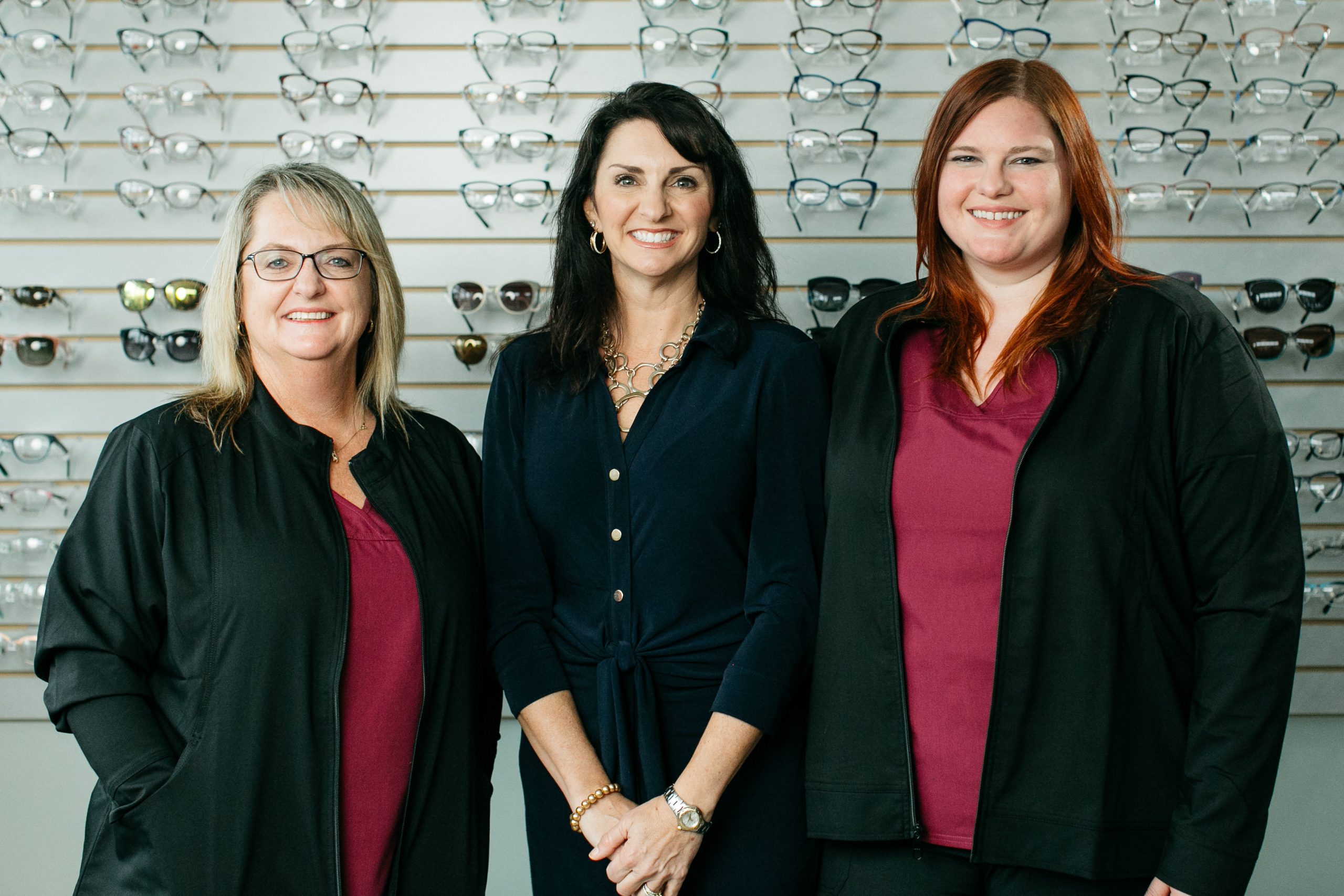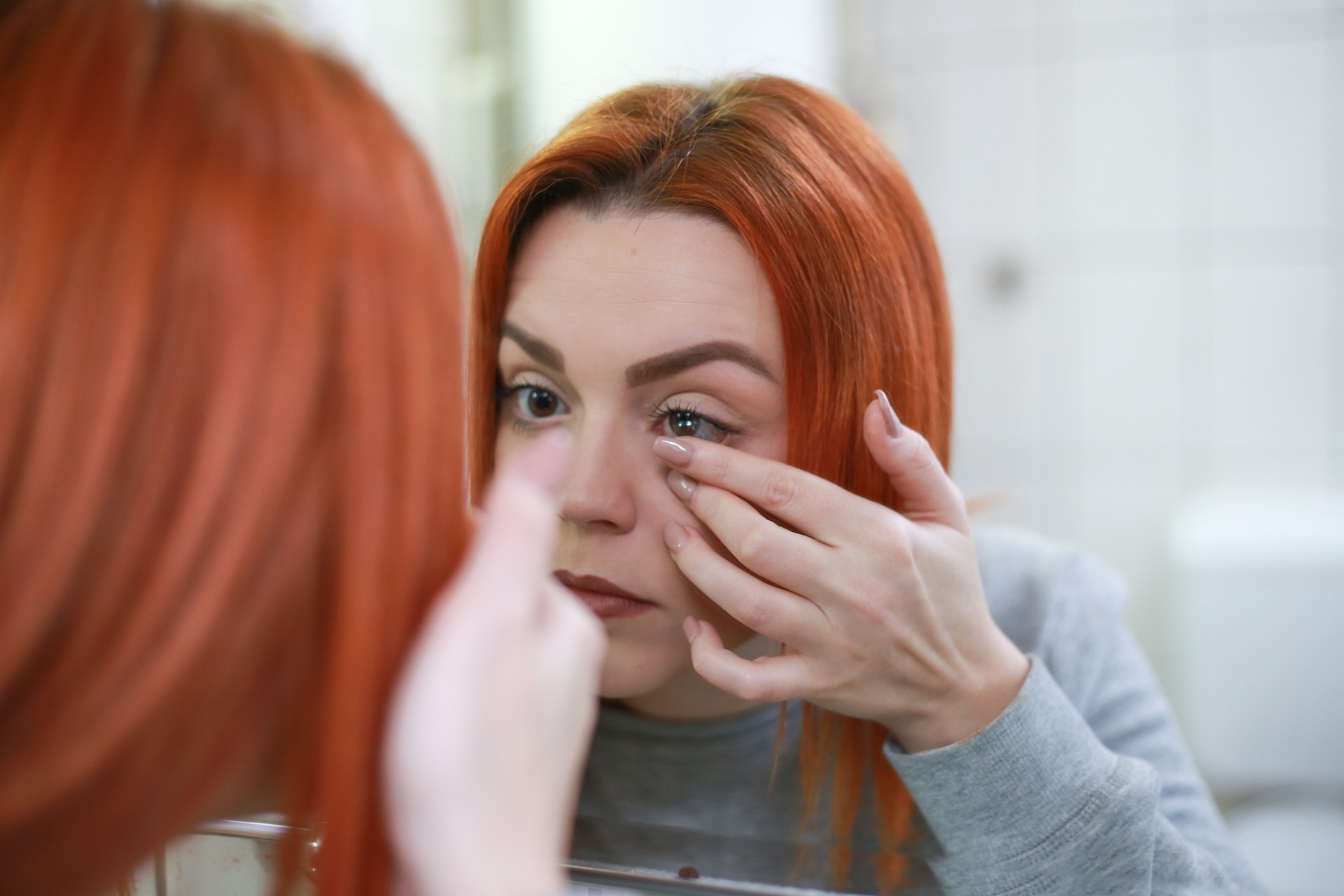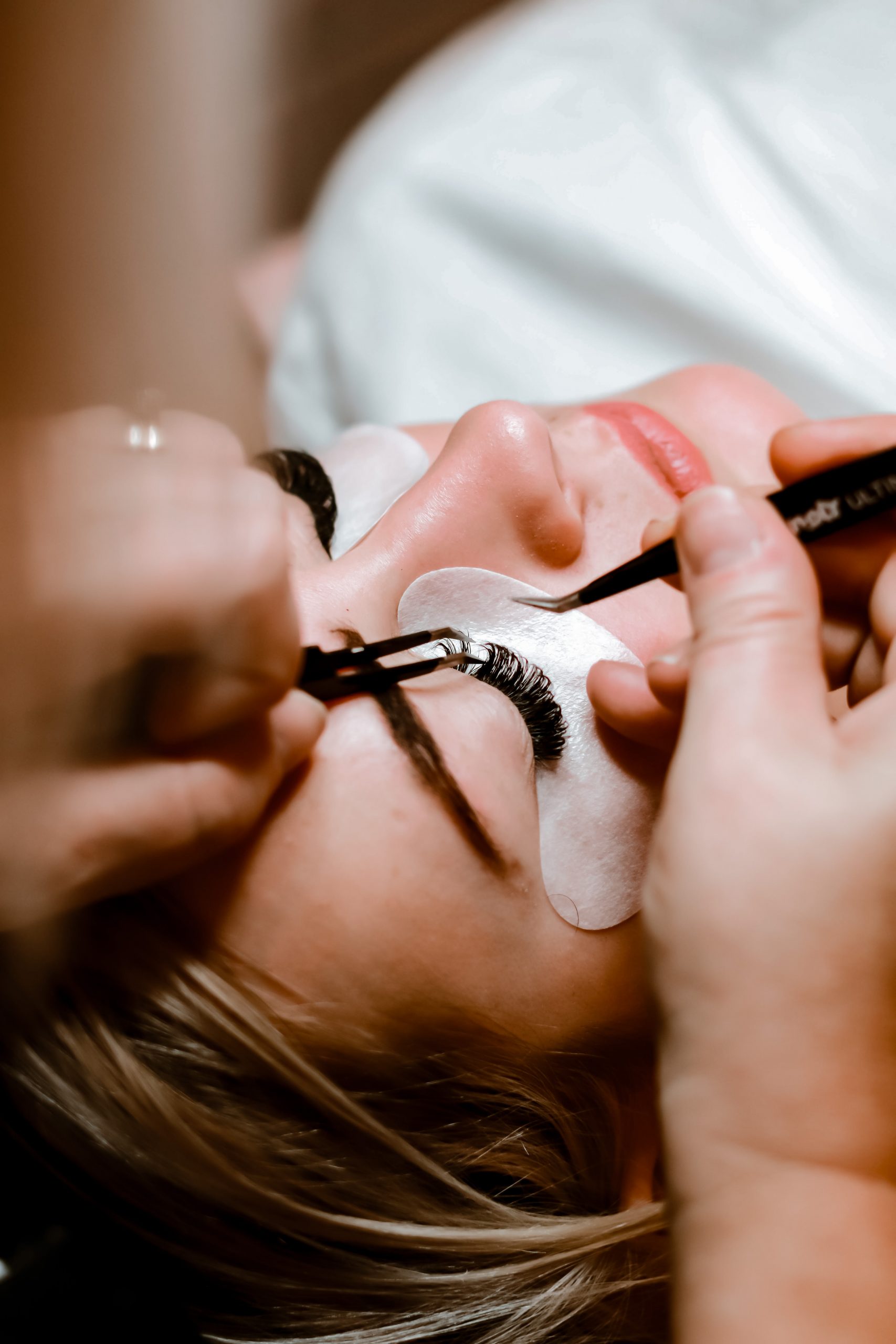We love to come on here and explain different eye phenomena to our patients. We like to keep you informed and hope to educate you for the future. Have you ever had your eye start twitching all on its own? This is an extremely common issue that many people experience. There are several reasons why this might happen.
What can trigger eye twitching?
- Stress
- Fatigue
- Irritation
- Caffeine excess
- Smoking
The technical term for this issue is essential blepharospasm, which is a movement disorder of the muscles around the eye. There isn’t an exact cause that has been found, but it is believed that a malfunction of some cells in the nervous system called basal ganglia is a likely culprit.
Conditions that can include eye twitching:
- Corneal Abrasion
- Dry Eye
- Light sensitivity
- Blepharitis-this is an inflammation of the eyelid commonly caused by your tiny oil glands becoming clogged around the base of your eye lashes.
- Uveitis-this is another form of inflammation that is trickier to find a cause for. It is important to catch this one early so if you start to feel inflammation along with your eye twitching seek care immediately.
The above conditions are benign, which means they are usually nothing to worry about. There are some more serious nervous system disorders that eye twitching can be associated with, but they are rarer.
In most cases, if it persists longer than a day, make an appointment with us. We would be happy to examine your eye and see if we can pinpoint the cause.
This is usually just an annoying little issue that will clear up on its own, so if you experience this don’t worry.
We here at TriCounty Eye Associates look forward to helping you no matter what your eye care needs are!









